I wanted to take an opportunity to address an issue I hear about most often. Most tech guys are familiar with the complaint that the sound is too loud. The video version of that complaint is that the camera ops moving around the stage are too distracting.
As a video director I don’t find what my camera ops do to be distracting, however I am aware I am totally bias and would concede the point. In an effort to educate, I will try discuss it moving forward without coloring the issue. That said it’s my blog, the fact that I am going through this trouble at all should communicate tons about my feelings on the matter. This post is my attempt to explain why many churches should use cameras. I hope by the end you have a new perspective on why churches use cameras on the stage, what the cameras do for the audience, and a new appreciation for them.
So why do we have camera ops on stage? The argument I hear against this most often is “they are distracting.” I can see why people would think that, but I would say you have to be careful with a blanket comment like that. Many people find the fact that we have electric guitars and drums on stage just as distracting, so that argument doesn’t really stand in my book. If you chase that rabbit far enough it devolves into “why do churches even need electricity?”, but I digress. I will admit the very people that have a problem with guitars and drums will also most likely not be thrilled with the camera guys either.
However, I can explain this from many perspectives; first lets start with practicality. Our main auditorium seats somewhere between 1463 and 1478 (depending on who you ask), the distance from the back row center, straight to the front of the stage is over 70’ and to the corners of the room it is much further, in some places it’s close to 100’. From a practical standpoint, even with 20/20 vision, which is a measure of clarity and sharpness of your vision measured from 20 feet, it’s difficult to discern details about a person. It’s almost impossible at 3-5 times that distance. “Why do we need to discern details?” you might ask. Good question. The reason is communication is 2/3 nonverbal, any basic introductory communication book will tell you that. Also you can test it, when someone asks you a yes or no question answer verbally by saying “yes” but non-verbally by shaking your head “no.” See what happens. The “No” will win that decision most of the time. Because nonverbal communication makes up the majority of all communication, if you ever want to communicate anything effectively it should play a part in your communication strategy. Lets face it, what could be more important to communicate then the life-changing message of Jesus Christ?
Jesus juke there, sorry not sorry.
So that justifies having cameras, especially for the message, but not really having cameras on the stage for worship. Agreed, let me dig a little deeper. Our typical stage layout often cascades people from the front of the stage to the back. Sometimes having people stand near the back of the stage might put them behind someone else or in poor sight lines from the audience. In this case having only static camera shots from the back of the room results in many people on the stage not being seen. A typical response to that is “So what? It’s not about them!” I agree, and for the record, so would they. It’s about connecting with God, and if you have no idea how to do that that having it modeled for you is really important. It’s called vicarious experience or observational learning, do some research on Albert Bandura and you can learn all about it. However, to sum it up, people (especially children) continually learn desirable and undesirable behavior through seeing it modeled. If you don’t know anything about how to connect with God, watching someone do it can help you learn how. If you have ever seen our camera work you know we focus on faces, not exclusively, but frequently. The reason for that is so you can see how people connecting with God, by praising and worshiping Him, and see how it affects them on an emotional level. Hopefully by seeing it and seeing it compellingly, it will allow a non-believer, or a new believer to glean insight about how it should affect you to connect with God through worship.
I could go on here so I think at this point I will break this up into several more blogs. You didn’t think I finished the entire thing there did you? This is just the practical argument I still have the philosophical, the doctrinal, and the emotional

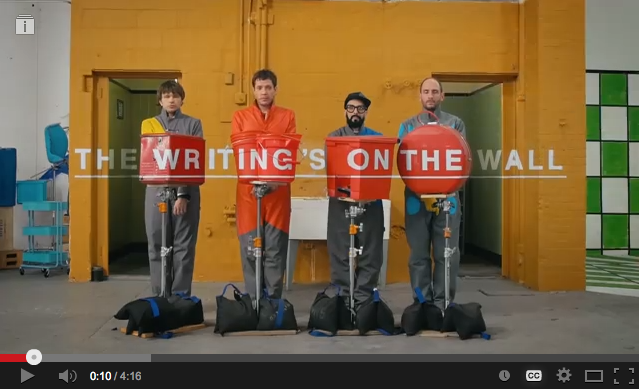
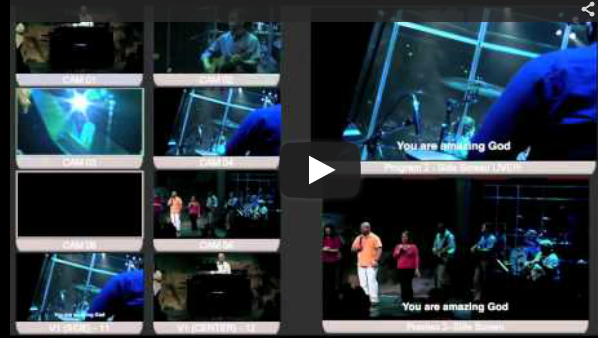
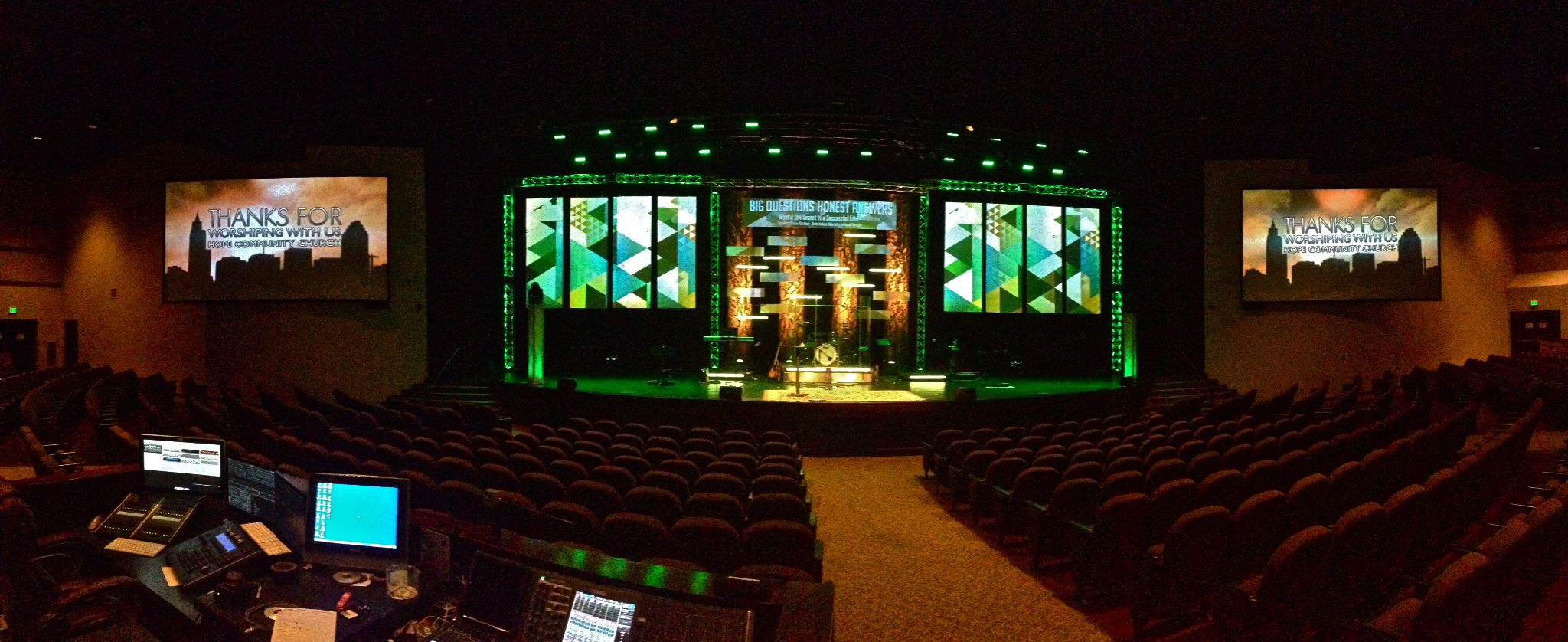

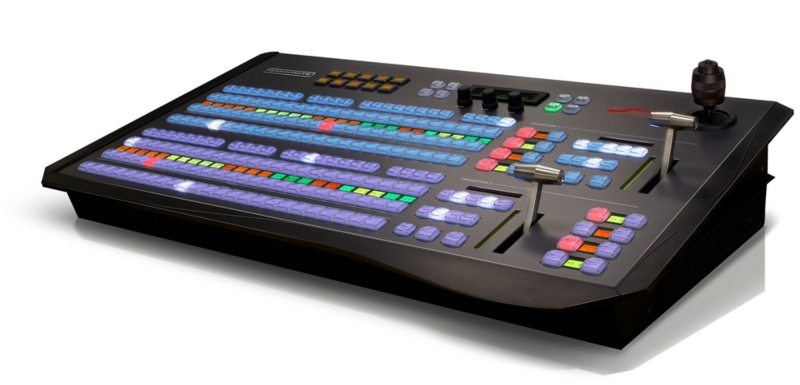
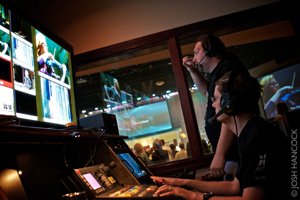
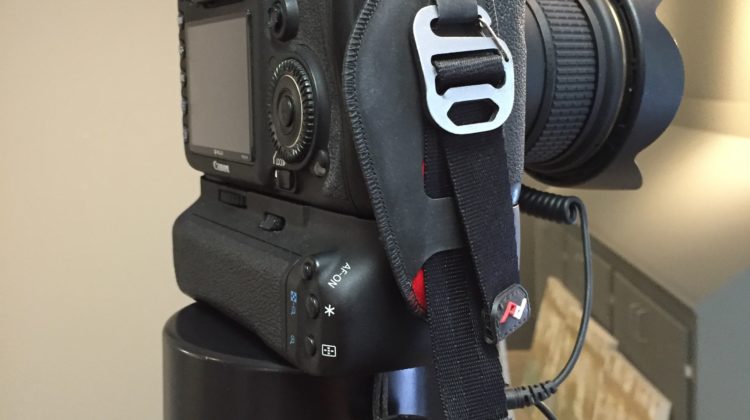
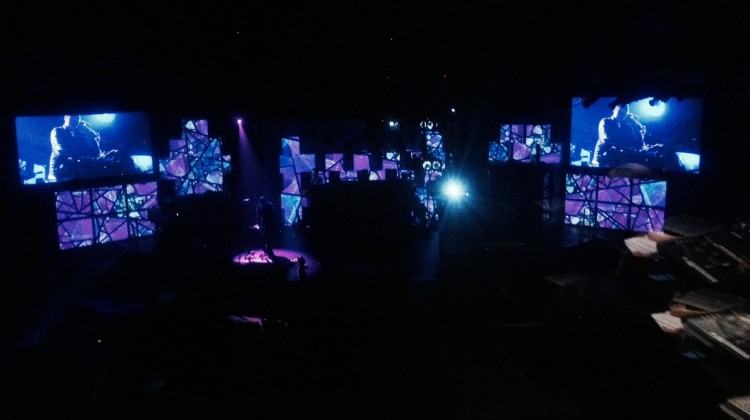
No Comment